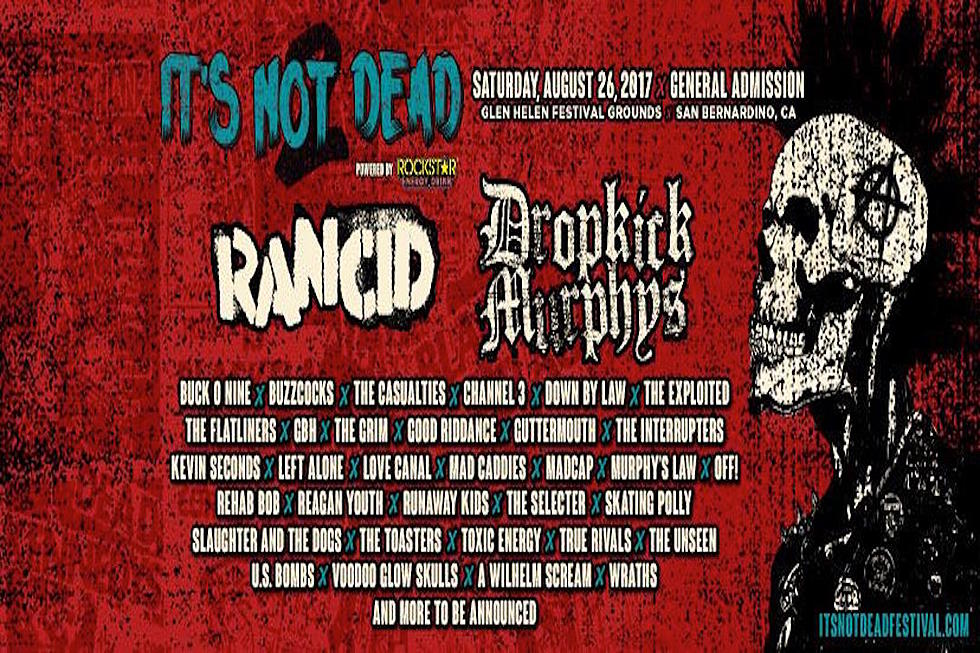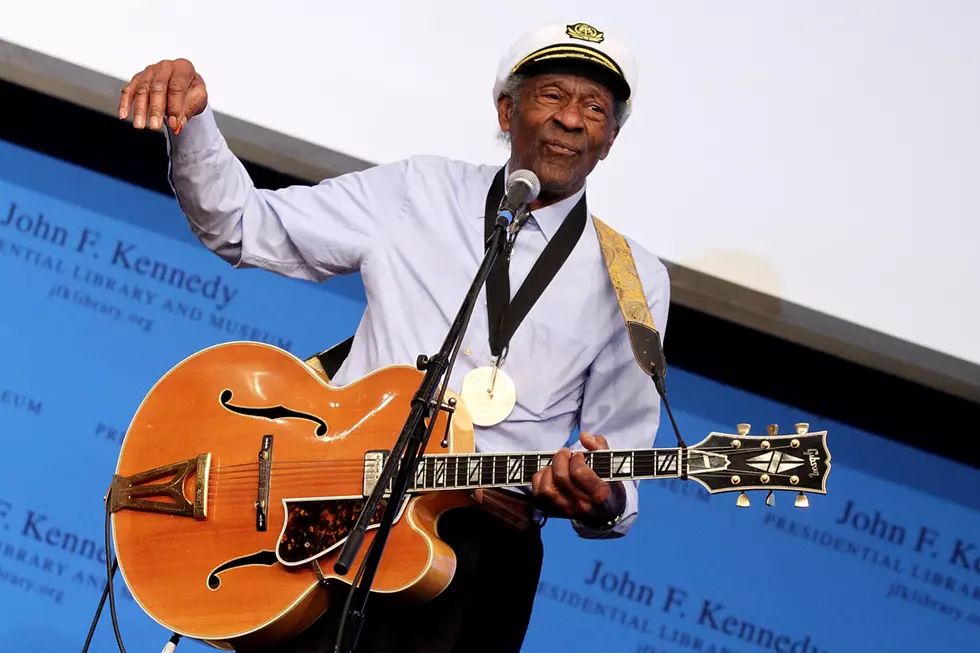20 Years Ago: Helmet Struggle to Keep It Together With ‘Aftertaste’
Helmet were on a roll as the ‘90s wore on, coming off the critical and mainstream success of Meantime in 1992 and Betty two years later. But by the time their fourth album, Aftertaste, was released on March 18, 1997, things were beginning to fall apart within the ranks of the post-hardcore outfit, though somehow the music was the last thing to suffer, resulting in a solid record, but one which may have come a bit too late.
Whittled down to a three-piece with the exit of Rob Echeverria for Biohazard prior the recording process getting underway, more pressure was put upon Helmet head Page Hamilton to come up with all the guitar parts as well as doing the lead vocals and main songwriting.
“It was a lot easier because there was one less [person],” Hamilton told Ultimate Guitar about playing as a three-piece. “It takes nothing away from any of the people that have played with me but I don't need another guitar player on a Helmet album.”
Aftertaste was less musically adventurous than Betty, going for more crunching, immediate riffing on the wrecking ball “Insatiable,” “Crisis King” and the album’s thumping opener “Pure.” When the group did stretch out, like on the lively guitar solo on “Driving Nowhere,” it was a welcome shift, one that didn’t feel out of place. Overall, it’s a much more fixed effort, with John Stanier providing some of his best stop-and-lock drumming inherent to the Helmet sound.
The lack of expansiveness might have been what contributed to the dismal sales of the record, or it could’ve been those hoping for a much sooner release left tired of waiting. Hamilton may have succeeded in exemplary fashion on a sonic level, but not without Aftertaste frustrating fans by its numerous delays. It was supposed to come out in early 1996, and then bumped to late summer, fall and finally coming out the following March. Rumors had Hamilton unsatisfied with producer Dave Sardy’s mixing results, shifting them to Terry Date, who was by then well-known for having produced landmark works by Soundgarden, Pantera and White Zombie.
The music scene had shifted somewhat dramatically in the nearly three years since Betty, and 1997 would ultimately be remembered for bands like Limp Bizkit and Coal Chamber creeping into the spotlight under the guise of nu metal which, incidentally, was a genre Helmet would end up credited by many to have primarily influenced. Following the end of the touring cycle for Aftertaste in November 1998, it was confirmed the band had broken up. Hamilton would be the sole founding member when Helmet was revived in 2004.
How 50 Bands Got Their Names
More From Alt 95.7










